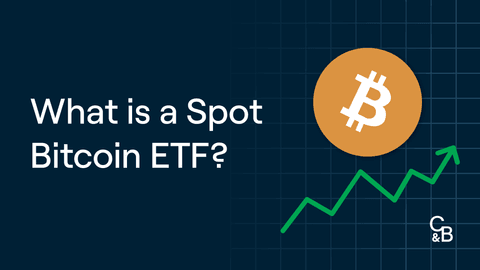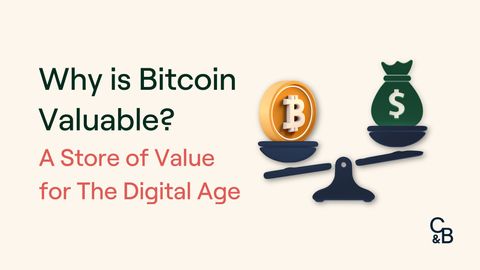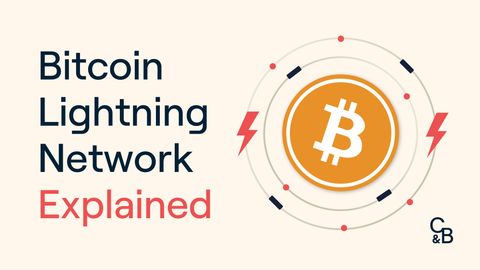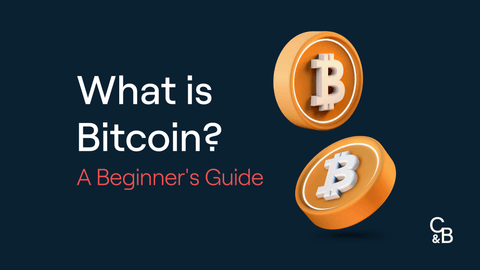With most cryptocurrencies, there is no central governing body. Therefore, no single entity can approve of any upgrades to the network. What is required is consensus; over fifty-percent of the mining network must agree with the changes. Most of the time, there is no conflict when it comes to minor tweaks, but when there are some major implementations, contributors to the mining network will not unanimously agree. In the case that the community is divided when it comes to making a decision, a hard fork may take place.If you have invested in Bitcoin, perhaps you have heard of another asset called Bitcoin Cash. Bitcoin and Bitcoin Cash are completely different projects, but if you held Bitcoin on August 1, 2017, you probably now also hold Bitcoin Cash. As confusing as it may sound, Bitcoin Cash was a hard fork of the Bitcoin blockchain. What exactly does his mean?
Hard Fork
There are two components to sending a Bitcoin transaction: the transaction details and the transaction signature. The more transactions there are being broadcast to the network, the more block capacity is filled. Blocks are generated every 10 minutes, and given that blocks do have a size limit, if the current is full, other transactions need to wait 10 minutes to hop on the next block. You can think of the Bitcoin network as a train station where there are trains every 10 minutes which give priority to passengers who are willing to pay more. Therefore, if you pay a high transaction fee, your transaction will be prioritised for the next block. Bitcoins scaling issues were brought to light when the new influx of investors in late 2017 caused processing times to take hours, and transaction fees of up to $50. The feasibility of such a protocol becoming a future world currency was questioned, and developers working on Bitcoin with foresight of these problems proposed different solutions.This is how Bitcoin Cash was created.This process is when people in the mining network disagree with the proposed changes, and therefore continue to mine the old chain without the changes, whereas the remaining miners begin mining the new chain with the implemented changes. There now exist two blockchains, each of which have branched out from an old blockchain, hence the term fork.
Bitcoin Cores (Current Chain) Solution
Segwit2x: Separate transaction details from transaction signatures, so that blocks can contain more transaction details and therefore process more transactions with each block, the signatures will then be contained in a separate block, essentially doubling the block size (because there are now two blocks, or batches of data).
Bitcoin Cas۪h's (Side Chain) Solution
Increased Block Size: Transaction signatures and details to be recorded in the same block, but increase the overall block size. This means more data can be recorded in each block (just a simple hardware style upgrade, no changes in concept)
Because the Bitcoin Core team and Bitcoin Cash team could not come to a common consensus, the two parties decided to work on their own proposed solutions. Therefore, on August 1, 2017, the Bitcoin Core chain underwent a hard fork and saw Bitcoin Cash split off.The reasoning behind Bitcoin Cash is fairly simple:
- Segwit2x alters the way transactions work and changes the original concept of Bitcoin.
- Increased block size maintains the vision of the original Bitcoin whitepaper released in 2009.
Currently, Bitcoin Core maintains above fifty-percent of the world's hashing power (mining), and therefore it is simply known as Bitcoin. If Bitcoin Cash were to overtake Bitcoin Core in hash power, it would then be known as Bitcoin, and Bitcoin Core would subsequently be known as Bitcoin Core. The team behind Bitcoin Cash include Roger Ver (Bitcoin adoption pioneer) and Jihan Wu (mining equipment company CEO). For a hash-power shift to occur, Bitcoin Cash will need to be more profitable to mine than Bitcoin Core.

.jpg?u=https%3A%2F%2Fimages.ctfassets.net%2F4ua9vnmkuhzj%2F7meVnT2vnQelBrt6W5yw73%2F8469fbdea8168e404fff363b35dd65a4%2FBitcoin_Halving-01__1_.jpg&a=w%3D480%26h%3D270%26fm%3Djpg%26q%3D80&cd=2023-01-10T02%3A22%3A06.649Z)
.jpg?u=https%3A%2F%2Fimages.ctfassets.net%2F4ua9vnmkuhzj%2FuIaUbUNRbO1LdljRWKvoI%2Fd93965ff275cd47f8c19fcc71edcd42e%2FBitcoins_Market_Cycle_V3-01__1_.jpg&a=w%3D480%26h%3D270%26fm%3Djpg%26q%3D80&cd=2023-02-21T06%3A17%3A39.793Z)



